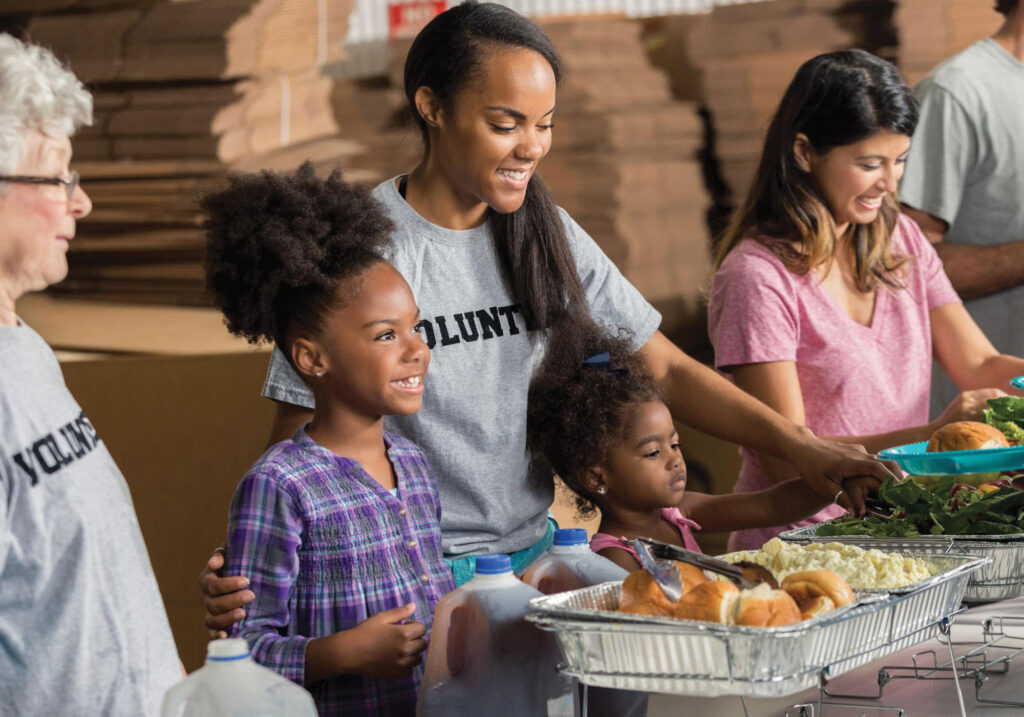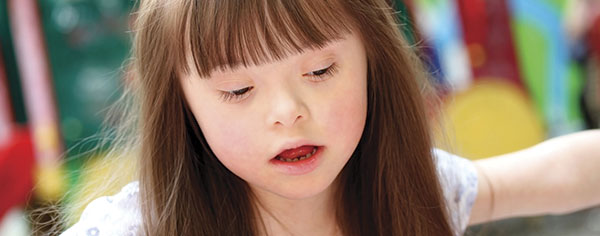Who doesn’t want their child to have friends … to be popular, well liked, respected, invited to parties and play dates? Now put your feet into the shoes of a parent caring for a child with a disability. That neighbor – that friend – that community member, has the same wishes and dreams for their child whose daily challenges often make socialization and friendship difficult and scary.
How can you support your neighbor who has a child in need of friends? By remembering the simple things you were probably taught by your parents and your best teachers:
Be polite and offer a warm and friendly hand. Chances are it will be grasped with grateful delight.
Learn appropriate terminology. Sticks and stones can break my bones but words can devastate me. If you have a question about your neighbor’s child with a disability pertaining to that disability, it is kind and respectful to not use the disability to define who that child is. In other words, try to avoid stereotyping based upon preconceived notions pertaining to traits that have been attached to certain disabilities. Always look first for a child’s abilities, skills, interests, talents and passions! A child is not his or her disability; the disability is part of who the child is, but likely so is a love of music, enjoyment of swimming, appreciation of being hugged, laughter at funny faces, and much, much more.
Avoid: “I see you have a Down’s child! They are so cute and loving all the time!” Yikes!! Always acknowledge the individual child first. You wouldn’t want your child to be described as “that red-headed kid – they are always so freckled and temperamental!”
Better dialog: “Hello, I am your neighbor, Sally. I have a little boy also.” Ask: “How old is your son? What’s his name? What does he enjoy?” Share: “My son also loves to play in the water! I have a small rubber pool, how about setting up a play date?” Then inquire: “Pardon me for asking, but I notice that your son has Down Syndrome. May I ask you a few questions so I can learn a bit about how that affects him? I appreciate your educating me about this, and I would love my son and yours to become friends – it seems that they have a lot in common.”
Other ways to support your neighbor who has a child with a disability:
Be a good friend. A friend listens, is compassionate, offers information that helps, understands that there will be good and bad days, doesn’t constantly judge, and asks how he/she can offer help when it is needed.
Understand that the life of caring for a child with a disability can be very exhausting. Think of how exhausting it is raising your own child without special needs! Offering respite in the form of a play date will be appreciated.
Be a second pair of ears. Your neighbor likely goes to many appointments pertaining to meeting the needs of her child with a disability. Ask if she would like you to accompany her. It can be very helpful to have a second objective ear to listen to what is being said. Depending on the nature of what is being discussed, you may not be able to take everything in, but just being there can be comforting.
Do some research about programs and services for your friend if she is too overwhelmed to do it herself. Always ask the parent if she’s open to hearing about what you discover. Most parents don’t want to be bombarded with information until they ask for it, or are ready for it.
Bottom line: A friend is a friend is a friend. You will likely find more in common with your neighbor who has a child with a disability than differences. Compassion, understanding, laughter, and sharing time and support are all ingredients for establishing a warm and caring relationship. It’s the right thing to do and all benefit!
Posted in: Community
Comment Policy: All viewpoints are welcome, but comments should remain relevant. Personal attacks, profanity, and aggressive behavior are not allowed. No spam, advertising, or promoting of products/services. Please, only use your real name and limit the amount of links submitted in your comment.
Comments
Leave a Reply
You Might Also Like...

Presence over Presents
The holiday season is here again, and many parents find themselves scrambling to shop for all of the important people in their lives. Shopping for the perfect gift for your […]
The Mt. Shasta Sisson Museum: Illuminating The Past, Present And Future Of The Mount Shasta Area
Looking for a refreshing getaway during the hot days of summer? Check out the Mt. Shasta Sisson Museum, where you can bring the entire family to explore, learn and play […]
Heating Bills Leaving You Cold? The Benefits of Mini-Split, Heat Pumps.
Most people have heard of heat pump technology. More and more these days, heat pumps are providing both heating and cooling for homes and businesses. Traditionally in the U.S., heat […]

Anniversary Staff Recipe Picks
We’re Celebrating! North State Parent magazine has a small and friendly staff of local parents, who, like many of you, are committed to nurturing families. Thank you for 23 years and growing strong! Our mission […]



Gary Shulman, MS. Ed. says
“Come Touch His Cheek”
by
Gary Shulman, MS. Ed.
Special Needs Consultant and Trainer
646-596-5642
shulman.gary@yahoo.com
This child of mine you stare at so,
Please come closer so you will know
Just who my child is and what I see
when those sweet eyes stare back at me
I see no limits to my child’s life
Although I know
It will be filled with strife,
I’m hoping that doors will open each day
I’m praying that kindness
will come his way
You look frightened?
You tremble with fear?
Come, come closer
touch him my dear
Touch his cheek so soft
so sweet
Be one of those people
he needs to meet
Someone who will look
and hopefully see
The skill, the talent
The ability
Please come closer
You don’t have to speak
Come a little closer
Just touch his cheek
And when you do
you will see
this sweet, sweet child
is no different
than you or me